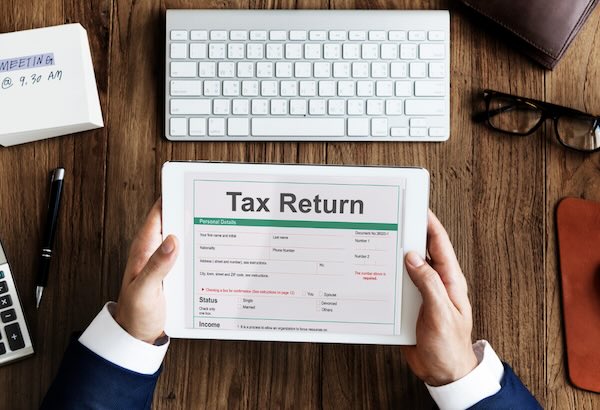Capital gains from listed shares can be a lucrative source of income for investors in India. However, many wonder if they can claim Deduction on Capital Gains under Section 80C of the Income Tax Act. The answer may surprise you. In this article, we will break down the tax laws to understand whether capital gains from listed shares qualify for deductions under Section 80C.
What is Section 80C?
Section 80C of the Income Tax Act allows individuals to claim deductions for certain investments, reducing their taxable income. The maximum limit for deductions under this section is ₹1.5 lakh per year. Some of the most common instruments eligible for these deductions include:
| Eligible Investment | Maximum Deduction |
|---|---|
| Public Provident Fund (PPF) | ₹1.5 lakh |
| Employee Provident Fund (EPF) | ₹1.5 lakh |
| Life Insurance Premium | ₹1.5 lakh |
| National Savings Certificates | ₹1.5 lakh |
Section 80C and Capital Gains from Listed Shares
Now, let’s address the burning question: Can you claim a deduction under Section 80C for capital gains from listed shares?
Here’s an interesting fact: Long-term capital gains (LTCG) tax on listed shares was reintroduced in 2018 after being exempt for several years. Prior to this, investors enjoyed tax-free returns on long-term investments in stocks, but now gains exceeding ₹1 lakh in a financial year are taxed at 10%.
The simple answer is no. Capital gains from listed shares do not qualify for deductions under Section 80C. Section 80C is meant for investments in specific financial instruments and not for income derived from the sale of securities or shares. The gains you earn from listed shares are subject to capital gains tax, but not eligible for the Section 80C deduction.
What Deduction on Capital Gains Can You Claim?
While Section 80C does not apply to capital gains from shares, there are other provisions under the Income Tax Act that may help reduce your tax liability on such gains. Some of these include:
- Section 54: This allows individuals to claim exemptions on long-term capital gains (LTCG) if they invest the proceeds in residential property.
- Section 10(38): Offers exemption on long-term capital gains from listed equity shares, provided the holding period is more than one year.
Let’s take a look at a sample comparison of how different tax sections impact capital gains from listed shares:
Also Read: Budget 2025 Tax Relief Incoming? This Could Change the Game for Indian Taxpayers
| Type of Capital Gain | Holding Period | Tax Rate | Exemption Available |
|---|---|---|---|
| Short-Term Capital Gain | Less than 1 year | 15% | No Exemption |
| Long-Term Capital Gain | More than 1 year | 10% (if above ₹1 lakh) | Section 10(38) (Exemption available) |
| Long-Term Capital Gain (Invested in Property) | More than 1 year | Exempt if conditions met | Section 54 (Exemption available) |
Deduction on Capital Gains – Conclusion
In conclusion, you cannot claim a deduction under Section 80C for capital gains from listed shares. However, you can explore other tax-saving options and exemptions available under different sections of the Income Tax Act. Always consult with a tax professional to understand how to minimize your tax liability on capital gains from listed shares.
Disclaimer
The information provided in this article is for general informational purposes only and does not constitute legal, tax, financial, or other professional advice. While every effort is made to ensure the accuracy and reliability of the information, laws and regulations may change, and individual circumstances vary.
Readers are encouraged to consult with qualified professionals or official government resources for personalized guidance regarding their specific situations. The author and publisher disclaim any liability for decisions made or actions taken based on the information provided herein.
